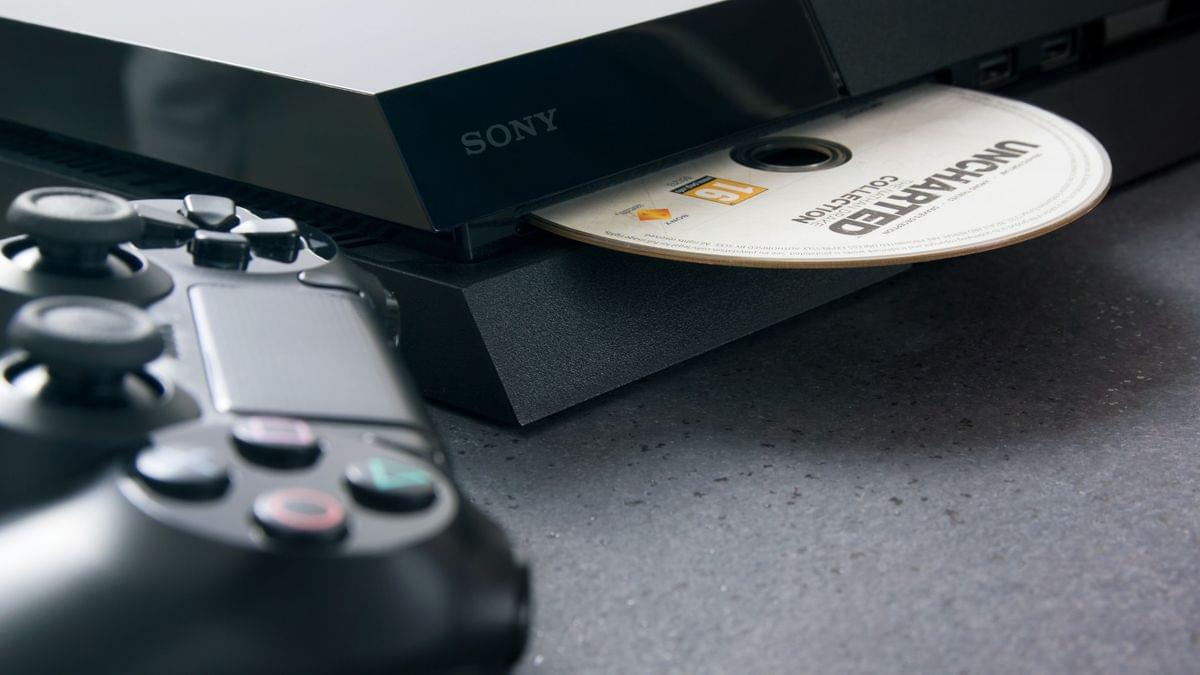Common Side Effects airs Sundays at 11:30pm on Adult Swim — next day on Max.
Watch Adult Swim on Max: http://bit.ly/3Gy0aXA
SUBSCRIBE: https://youtube.com/adultswim1?sub_confirmation=1
About Adult Swim:
Watch Adult Swim on Max, www.adultswim.com or by downloading the Adult Swim app. Binge marathons or watch selected episodes of many of your favorite shows including Rick and Morty, SMILING FRIENDS, The Boondocks, Aqua Teen Hunger Force, and many more.
Connect with Adult Swim Online:
Download the APPS: http://www.adultswim.com/apps/
Visit Adult Swim WEBSITE: http://www.adultswim.com.
Like Adult Swim on FACEBOOK: https://facebook.com/adultswim.
Follow Adult Swim on TWITTER: https://twitter.com/adultswim.
Follow Adult Swim on INSTAGRAM: http://instagram.com/adultswim.
Watch Adult Swim in your country:
United Kingdom: https://bit.ly/AS_GB
Republic of Ireland: https://bit.ly/AS_GB
USA: https://bit.ly/AS_US
France: https://bit.ly/AS_FRA
Germany: https://bit.ly/AS_GERMAN
Italy: https://bit.ly/AS_IT
Central and Eastern Europe: https://bit.ly/AS_HBOMAX
Denmark: https://bit.ly/AS_HBOMAX
Finland: https://bit.ly/AS_HBOMAX
Hungary: https://bit.ly/AS_HBOMAX
Netherlands: https://bit.ly/AS_HBOMAX
Norway: https://bit.ly/AS_HBOMAX
Poland: https://bit.ly/AS_HBOMAX
Australia: https://bit.ly/AS_AU
New Zealand: https://bit.ly/AS_NZL




